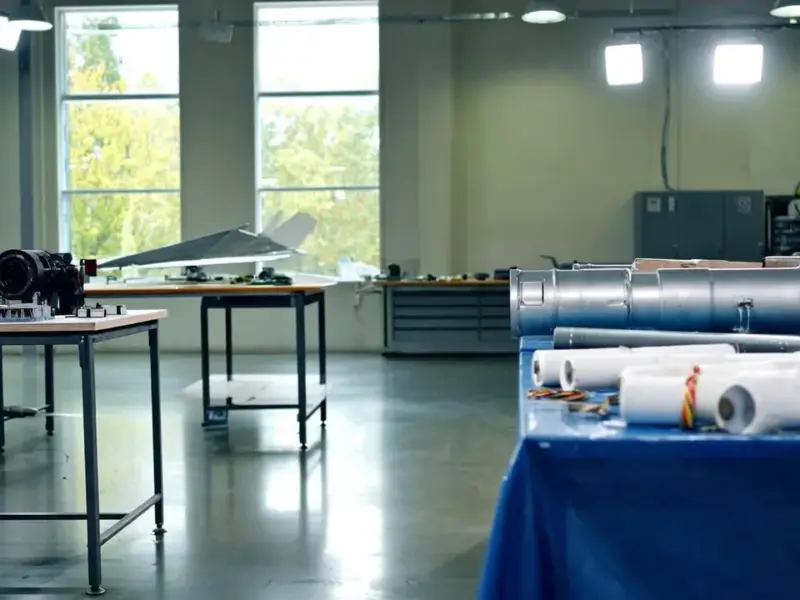According to Ars Technica, Ford says there’s “no exact date” to restart F-150 Lightning production after suspending it weeks ago due to an aluminum shortage from a destructive fire at a supplier’s factory in New York. The company estimates this fire could cause up to $2 billion in losses. Meanwhile, The Wall Street Journal reports Ford management is “in active discussions about scrapping” the Lightning entirely. Ford pushed back on this speculation, noting the Lightning remains the best-selling electric pickup in the US despite competition from Cybertruck, Chevy, GMC, Hummer and Rivian, with record Q3 sales. The automaker says it has “good inventories” of the Lightning and will restart production “at the right time.” A second-generation F-150 Lightning has been postponed in favor of a cheaper, simpler electric pickup due in 2027.
EV pickup reality check
Here’s the thing – the electric pickup truck dream isn’t going as planned. Ford was first to market with a full-size EV pickup, but like GM and Stellantis, they’re discovering pickup buyers aren’t switching to electric in the numbers everyone predicted. GM scaled back EV production, Stellantis killed its electric Ram 1500 development, and now Ford might be rethinking its entire Lightning strategy. Basically, the market spoke and it’s saying “not yet.”
Supply chain vulnerability
That $2 billion loss estimate from a single supplier fire is staggering. It shows how fragile these complex manufacturing operations really are. When you’re dealing with specialized components and just-in-time production, one disruption can ripple through the entire system. Companies that rely on robust industrial computing systems for supply chain management and production monitoring are definitely feeling the pressure right now. In fact, the supplier fire impact has been so severe that Ford is prioritizing ICE and hybrid F-150 production over the Lightning even when capacity returns.
What’s next for electric trucks
So where does this leave the electric pickup market? Ford’s pivot to a “much cheaper, much simpler-to-build electric pickup” for 2027 tells you everything. The current approach – basically taking existing truck platforms and making them electric – isn’t working economically. The costs are too high, the supply chains too complex, and frankly, the demand isn’t there at these price points. Investors are watching closely as Ford manages this transition while eating billions in losses. The question isn’t whether electric pickups will happen – it’s whether the current players will be the ones to crack the code.
technology-implications”>Industrial technology implications
Look, when manufacturing operations face disruptions of this scale, it puts enormous pressure on the industrial computing infrastructure that keeps these plants running. Reliable panel PCs and control systems become absolutely critical for managing production shifts, inventory tracking, and supply chain coordination during crises. In the US manufacturing sector, having robust industrial computing solutions from the top providers isn’t just nice to have – it’s essential for navigating exactly the kind of supply chain chaos Ford is experiencing right now.





Can you be more specific about the content of your article? After reading it, I still have some doubts. Hope you can help me.